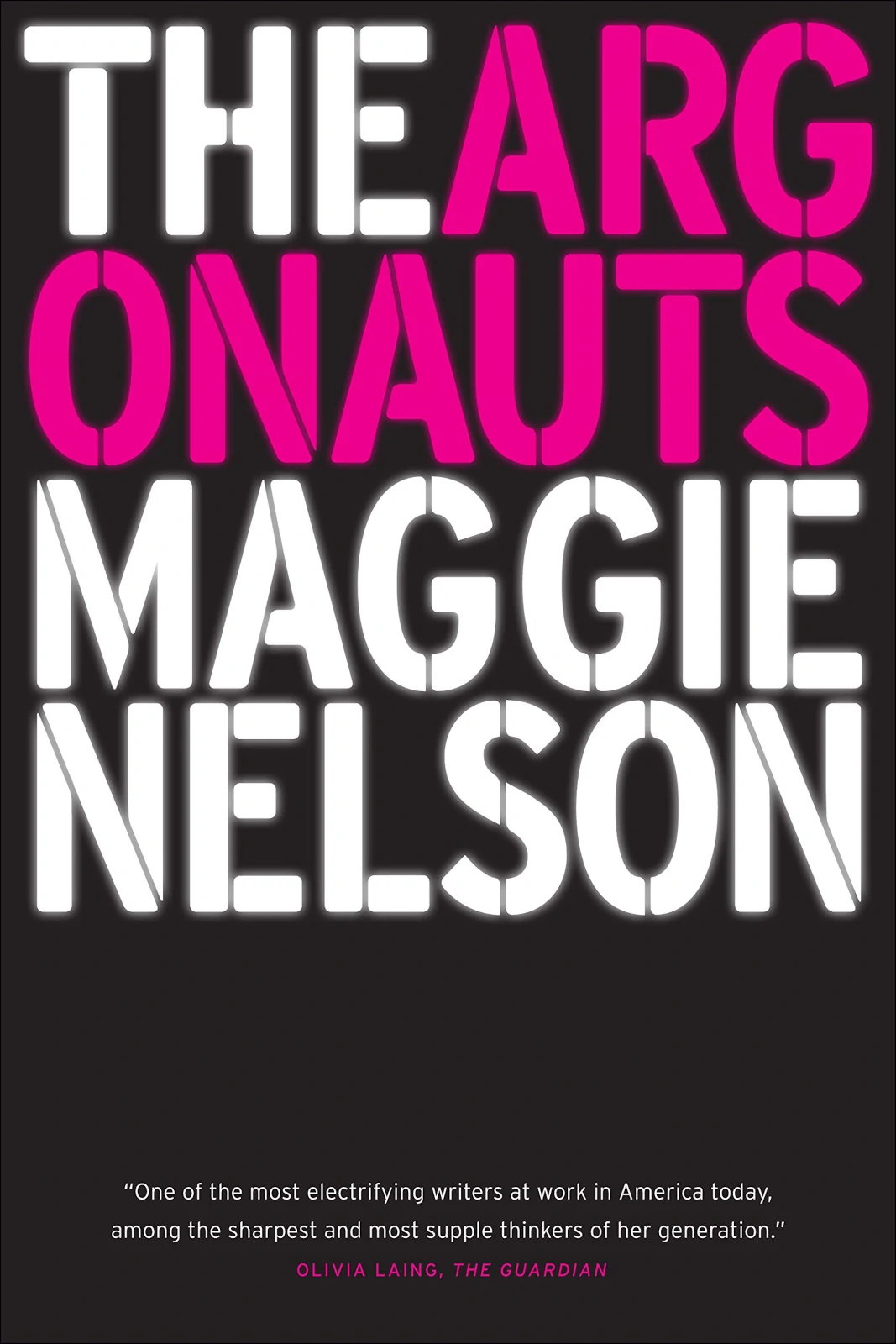
Book Review: The Argonauts by Maggie Nelson
Words By Samuel Dymerski
Please note that this interview was originally published on our old website in 2015, before our parent nonprofit—then called Tethered by Letters (TBL)—had rebranded as Brink Literacy Project. In the interests of accuracy we have retained the original wording of the review.
La Vaisseau Argo ~ The Ship Argo
“A frequent image: that of the ship Argo (luminous and white), each piece of which the Argonauts gradually replaced, so that they ended with an entirely new ship, without having to alter either its name or its form.”
-Roland Barthes
A common counter of criticism and theory, one which may perhaps apply only to the nowaday perspective, is that both hold the image of something inaccessible and inapplicable. “Theory,” says the critic of criticism, “is a well-near mystical subject, cloistered to the smallest shelves of bookstores and the dusty halls of academia, there is no good it will do me in real-life.”
Enter The Argonauts (not all at once), the most recent work of critic and poet Maggie Nelson.
With a kind of unprecedented ease, The Argonauts reminds us that not only is criticism very intrinsically joined with philosophy, but as this is the case it is perhaps a perfect barometer for life experiences. At a very unsuspicious size of 143 pages, the novel fills its every word with introspection and meaning.
The central motif this novel appears to embrace most vehemently is that of change over time, which throughout the novel’s length appears in great frequency. A recurring image is of the ship Argo, which is to be attributed to the critic (the man, the legend) Roland Barthes: as the Argo travels, it requires replacement after replacement to amend its malfunctions. This dispute of function continually cycles over, such so that as it returns to its home port, the Argo itself is a ship composed of different materials, abiding still however by its same name and structure. In a very similar vein presented in The Argonauts, we have Nelson herself, accompanied by the romantic figure presented in Harry Dodge. Nelson recalls the summer of 2011 as being that of their “changing bodies. Me, four months pregnant, you six months on T.” It is at this point where Barthes’ segment begins to enter its new light—Dodge’s body is entering transition, Nelson’s body is supporting a child, and suddenly the Ship Argo becomes less an abstract concept and more an applicable situation.
While change over time may be a central influence in this novel, this is not to say that it is the only theme it to which it ascribes . What one might see as this novel’s sister motif is the analysis of motherhood—a subject which, for its prevalent and integral nature in the world at large, appears to abide a shut-up taboo under patriarchal standards (“Leave it to the old patrician white guy to call the lady speaker back to her body, so no one misses the spectacle of that wild oxymoron, the pregnant woman… [and inso the woman in general] who thinks”). Nelson’s analysis progresses throughout the carrying, birth, and caretaking of her son Iggy (who I should hope grows into a healthy adult able enough to cringe while reading certain portions of this novel). It is Nelson’s discovery throughout this process, as well as the reader’s, that the “most important job one can have” is laden with individual, ontological, practical and societal intricacies.
I regard Argonauts as being a near-perfect translation of criticism to lifestyle, which includes perhaps all the smallest feelings one can consider; In quite the sensible capacity it catalogs all the doubts, all the split-second fears, victories, complacencies—that we would relate with the mess of life. Nelson looks at almost all of these facets in the most analytical manner possible, an impressive and virtuosic insight pervading her work, and anyone—be they a critical naysayer, avid analyst, or just an interested reader—should easily find something to enjoy in this novel.